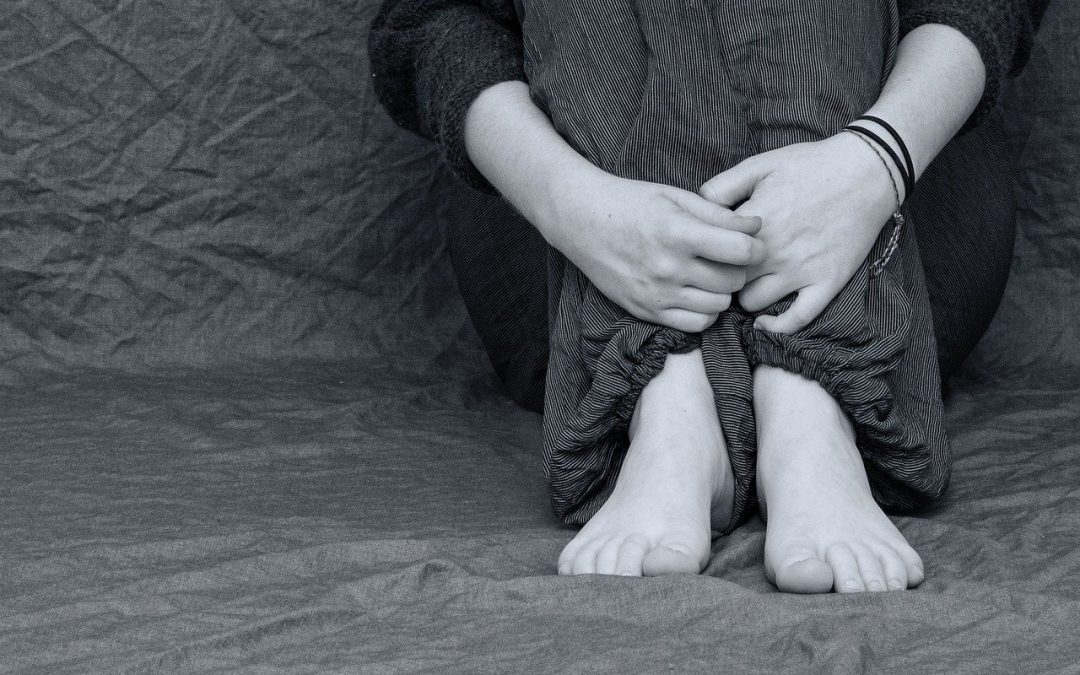Parenting and Perfectionism
Strict parenting is based on the avoidance of risks and the assumption that normal human nature needs to be fixed. Strict parents teach their children to behave ‘correctly’ so they can exist in society without suffering. Unfortunately, parents are basing their standard on what they had learned to do to survive their own childhood. (Traumatized parents pass on their trauma and their own suffering through control. Narcissistic parents treat their children as an extension of themselves, to be controlled and manipulated because they care only about their own needs and wants.)
Children raised in these kinds of environments may end up hypervigilant, always striving to avoid punishment from the parent. They become perfectionists.
The Insidiousness of Perfectionism
Perfectionism may have helped some children escape punishment or some kind of displeasure from their unpredictable parents. But perfectionism as an adult plays out both internally and externally in ways that culminate in a great deal of anxiety.
Internally, perfectionism leads to a person never being happy with any result or even success. There will always be some flaw, something that could have been done better. If we used this as information to help us learn and grow, there would be no problem. The issue is when we use each opportunity to attack the core of who we are and we define ourselves by each and every mistake. A missed task becomes “this person cannot follow directions”. A disorganized desk becomes “this person is lazy”. A mistake means that we are “stupid”.
When this goes on for too long, the brain and body cannot handle the barrage of attacks from the (now) Inner Critic. The spiraling of attack, retreat, attack, defense, attack, fear, attack, pain, and leads finally to attack, helplessness.
Externally, perfectionism can manifest itself in defensiveness and fighting back against anything that sounds like criticism or being overly and proactively apologetic for anything that might perchance be considered as an inconvenience for someone else. Based on my own reactions towards people at work, my friends, and most of all, my children, whenever I have an over-reaction, it can almost always be traced back to perfectionism. The worst manifestation of it is when a perceived flaw in my children becomes an opportunity to attack my parenting, my personality, my priorities, and my past behavior.
An unpleasant side effect is the nonstop judgment of other people that prevents us from developing close relationships.
An Ah-Ha Moment
The first time it clicked in my head that something about me was not normal, was during an appointment with a career counselor who observed “It must be hard to be you.”
I remember looking at her in shock. She seemed so kind, but what she said felt like a criticism.
She continued, “You have a lot of standards that you feel you should meet and are not meeting. You don’t seem to allow much room for making mistakes, which by the way, is human.”
At the time, I thought, well, of course, I have standards, shouldn’t we all? That’s how I got as far as I got. Without standards, I would be a lazy bum, doing nothing and gaining nothing.
What I didn’t realize is that she opened the door for me to start doing the work. Not long after this meeting (which ended in ugly crying by the way) I started to think more about my thoughts and feelings in a different way. They used to keep me moving, working, and problem-solving, but they had turned into vicious attacks that sent the little girl in me huddling in the corner with fear.
Three Year Later
Three years and two breakdowns later… I’ve been diagnosed, I’m on medication, I’m in therapy and I am doing the work.
My therapist listened to me list out a range of situations from a recent week. Astute as always, he quietly noted that there seemed to be a theme. “In all the events you shared this week, it occurs to me that you’ve raised the threshold for what constitutes a failure in your mind.”
Funny, because it wasn’t necessarily how I thought of it. I mean, yes, I felt there was something more constructive about how I was handling each situation that could have easily sent me down that path. I was sharing with him what I considered a number of baby-step successes this week.
In each situation, I did initially experience the familiar feeling of overwhelm (helplessness, terror, feeling of failure) enveloping me. My body was tensing up for the inevitable fight, flight, freeze, or fawn response, but somehow, I managed to — well, get through those very uncomfortable, awkward, and scary situations without letting my Inner Critic take over with their condescending booming voice and big loud gavel, sentencing me to days and nights of spiraling attacks surprising me at the most inopportune times.
(*deep breath*)
Somehow, those moments did not stay with me defined forever as something I did badly, so much as an opportunity to explore my feelings and discover what my feelings were telling me.
A Subtle Shift
Over this past year, I have learned that my triggers were primarily setting off a spiral of judgment that condemned me to failure, failure as a mother, failure as a professional, failure as a friend, failure as a daughter, failure as a human being. Slowly, I have been learning how to shift that into:
- Wait, I feel something coming on
- It’s okay, don’t run away
- Oh, I hear a narrative coming on that is trying to tell me something
- Aargh, I feel blame, shame, and guilt rising up from my gut to my brain
- I’m shutting down!
- Take a breath!
- How am I feeling?
- Can I safely express that with this person?
- If yes, I’ll try to do it without attacking them.
- If no, I’ll face these overwhelming feelings with curiosity.
- And whatever happens is whatever happens.
Redefining Failure
But he was right!
With the intense research and work, I have been doing this year, I have raised the burden of proof for failure.
As a parent of very human and imperfect children, I was being triggered by behaviors that were, in fact, age-appropriate. By imposing my outsized expectations requiring their actions to be just so, I was setting everyone up for failure. I was setting them to develop perfectionism in the worst way.
It’s not that failure doesn’t exist. Oh, it does. It’s that the threshold for which something constitutes a failure is now higher.
There is no such thing as being a failure as a human being anymore. It’s not even that mistakes are nothing. They are something. But — they are not EVERYTHING. Mistakes no longer define me a failure. They make me a learner. An improver. A human being. A better person overtime if I work with them and not against them.
And my kids? They know that I am imperfect, but they now also know that we can recover from mistakes and that it’s not the end of the world when something bad happens.
Guest Post Disclaimer: Any and all information shared in this guest blog post is intended for educational and informational purposes only. Nothing in this blog post, nor any content on CPTSDfoundation.org, is a supplement for or supersedes the relationship and direction of your medical or mental health providers. Thoughts, ideas, or opinions expressed by the writer of this guest blog do not necessarily reflect those of CPTSD Foundation. For more information, see our Privacy Policy and Full Disclaimer.
Sherry writes and podcasts at Sandwich Parenting, a site about becoming aware of inherited parenting playbooks, doing inner work to heal past traumas, and creating a sustainable parenting approach based on Conscious Parenting. She does this to help parents feel more comfortable about rethinking their parenting approach without shame, reparenting themselves, and reconnecting with their children. Parenting with CPTSD can be challenging, but Sherry writes about it as part of her healing journey and hopes that readers can benefit from knowing that they are not alone.





I’m not a parent – in relationship with one), but boy, is this helpful!
“Over this past year, I have learned that my triggers were primarily setting off a spiral of judgment that condemned me to failure, failure as a mother, failure as a professional, failure as a friend, failure as a daughter, failure as a human being. Slowly, I have been learning how to shift that into:
Wait, I feel something coming on
It’s okay, don’t run away
Oh, I hear a narrative coming on that is trying to tell me something
Aargh, I feel blame, shame, and guilt rising up from my gut to my brain
I’m shutting down!
Take a breath!
How am I feeling?
Can I safely express that with this person?
If yes, I’ll try to do it without attacking them.
If no, I’ll face these overwhelming feelings with curiosity.
And whatever happens is whatever happens.”
I’m 60 years old. All my life, and often with the aid of various therapies of many kinds, I’ve been trying (unsuccessfully) to overcome with my parents. I haven’t managed to. How many more decades is it likely to take?